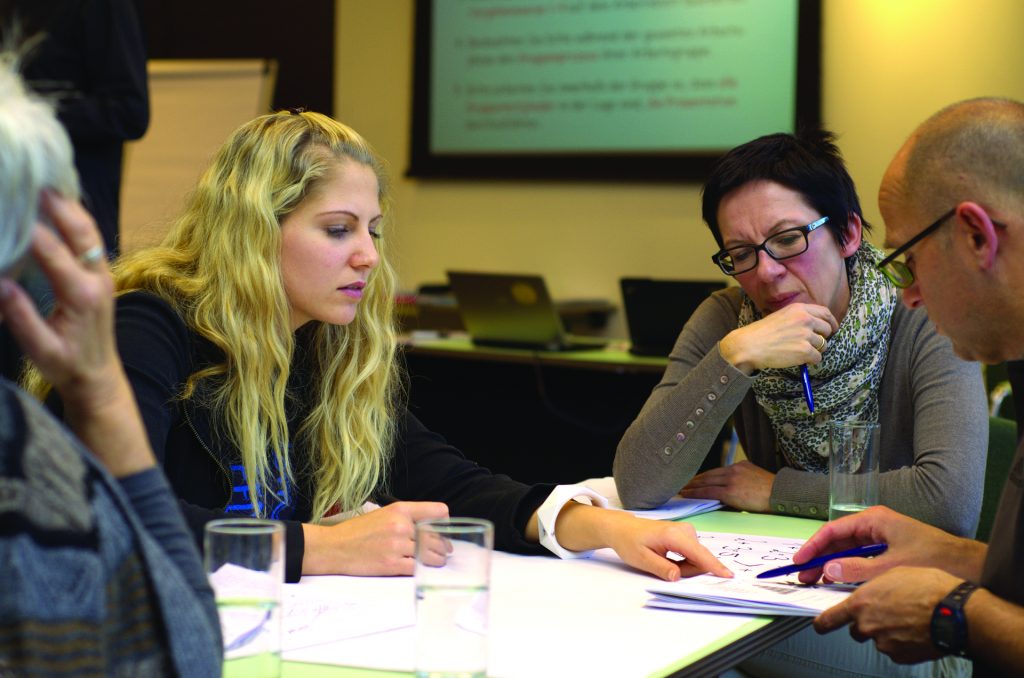There’s no doubt that the challenges of the past two years have affected us all on both a personal and professional level. The pandemic, increases in prices, instability in supply and of course, the recent developments in Ukraine have all led to heightened pressures. The key to navigating the difficulties faced in our everyday lives is resilience.
Successful businesses will be able to withstand adversities and bounce back from these difficult events. We’ve taken a look at how you can grow resilience in the workplace to develop personal growth and boost the effectiveness of your team.
Why is resilience important in the workplace?
A resilient workforce brings many major benefits to a business as it enables a positive approach to work. This leads to increased proactivity, better problem solving, and greater motivation. It’s also closely linked to well-being so can help prevent absenteeism and improve people’s performance.
Resilience is a key strategy to tackle stress and address challenges in work. As employees generally identify their job as the number one cause of stress in their lives, it’s incredibly important for employers to improve as part of their workplace culture.
The benefits
- Better handling of challenges
- Improved communication
- Reduced burnout and presenteeism
- Creating a competitive business
- Setting realistic expectations
- Better relationships amongst collegues and suppliers
- An openness to upskilling and developing
- Good organisation and time management
- Willingness to give and receive support

Ways to boost resilience at work
1. Understand the five pillars of resilience
Resilience is made up of five pillars: self-awareness, mindfulness, self-care, positive relationships and purpose.
By working to strengthen these core interlinking pillars, you’ll be able to identify areas that you or others already perform well in and those which need working on.
2. Analyse strengths and weaknesses
Self-reflection is a great way to develop resilience. A good opportunity to do this is with regular 1-2-1 sessions and 360 feedback for everyone in the team.
3. Improving emotional wellbeing
Negative automatic thoughts can be deep rooted and so improving emotional wellbeing will take time. An effective tool could be to write down negative thoughts as they occur and evaluate their validity. Over time, your mind will learn to ignore and replace negative thoughts with more realistic, healthier ones.
4. Goal setting to promote an inner drive
SMART goal setting can help your team to set realistic and achievable goals and provide a framework in which to improve productivity and inner drive.
5. Looking towards the future
Promoting a growth mindset will help your business to be prepared for unexpected challenges and enable you to be more open to change and adaptation. A great way to achieve this is by developing critical thinking and accountability skills. This forward-thinking approach allows you to learn from a situation to positively affect the future.
6. Developing healthy relationships
Sharing experiences with others in a workplace can have big implications for resilience. Not only does it improve communication, but it also builds an awareness of other roles within the business. This then encourages feedback, continuous improvement and promotes a more inclusive work environment that motivates and enthuses employees.
7. Promoting a good work-life balance
By supporting physical well-being, you can positively affect productivity in the workplace.
Huge shifts in working practices during the pandemic have led to the growing popularity of hybrid working – where employees have a mix of working in an office and at home. This increased flexibility could help improve pressures felt from commuting and stress.
8. Continuing personal and professional development
Ongoing development is key to resilience. Personal or professional development plans (PDPs) are a great way to encourage this as it breaks down learning goals into manageable tasks. It can also help you to identify any skills gaps within your team.
Are you looking for a resilient focused leader for your business?
Resilient focused workplaces can find progressive and innovative ways to tackle the challenges of their business. It’s become a highly sought after talent when recruiting senior positions as a recent study by CV library showed. They reported that over half of employers see resilience as a key skill for candidates and over 70% viewed the ability to adapt, one of the core aspects of resilience, as a key skill.
Do you need to make a senior management change to promote resilience in your team? Get in touch for recruitment advice.

